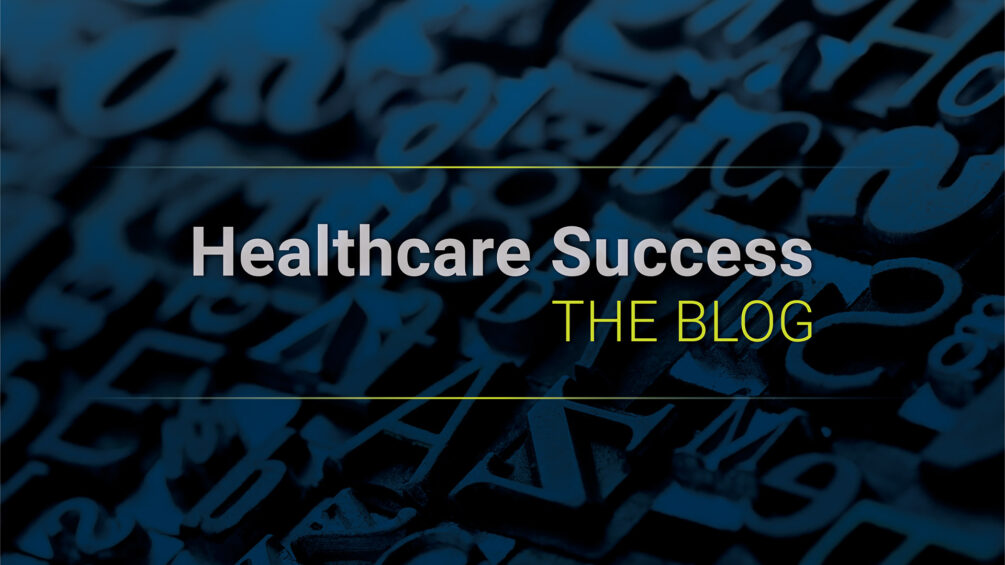Why Your Excellent Clinical Skills Alone Will Not Win Out in Physician Marketing
There’s a compelling lesson in physician marketing in this story.
A while back, on an ordinary morning in Washington, DC, a street musician played his violin for 45 minutes in the L’Enfant Plaza Metro subway station. Few people paid attention to the music or stopped to listen. For his efforts, the street musician collected $32.17 from 27 passing commuters.
Among the hundreds of people who heard his performance that cold January morning, only one person recognized the incognito “subway musician” was actually the “poet of the violin,” Joshua Bell, one of the world’s most celebrated violinists, and perhaps the greatest violist of our time.
What’s more, the virtuoso was playing a 1713 Antonio Stradivarius violin—valued at over $3.5 million—in the subway that morning. For the unseeing, unhearing commuters, he played some of the most intricate and beautiful music ever written. Yet almost no one noticed.
If a great musician plays great music, but no one hears…was he really any good?
It turns out that maestro Bell’s incognito performance “was arranged by The Washington Post as an experiment in context, perception and priorities, as well as an unblinking assessment of public taste: In a banal setting at an inconvenient time, would beauty transcend?” In this fascinating experiment, the answer is self-evident.
Our point—and the physician marketing lesson here—is that unless you’re willing to settle for a few dollars in tips, clinical skills are just not enough to carry the day. Public awareness, appreciation, and marketing success require recognition and reputation for context. In the Washington Post’s experiment, the context of a subway station's surroundings implied that the music or musician were not good enough for busy people to stop and hear the music.
The endorsement of social proof...
In part, people judge value by image and by what they believe others think. Social Proof strongly influences the perceived value. And for a physician or surgeon, being clinically excellent is not good enough.
For your peers and colleagues, your professional reputation—and a 20-page CV with years of experience—is proof. But for the typical prospective, meaningful social proof might be ranking high among Google’s Search results page. They are more likely to see social proof in recommendations and referrals of other patients, or in online comments.
Of course, this isn’t to say that a physician’s clinical excellence is not important to patients. But in the process of attracting and retaining prospective patients, social proof is a form of implied endorsement that says, “if others like you, you must be worthwhile.” And conversely, without social proof, a person, practice or provider may be viewed as not worthwhile.
For more on this topic, read Pearls Before Breakfast by Washington Post columnist Gene Weingarten, who subsequently won a Pulitzer Prize for his feature writing about this experiment. And you can watch The Washington Post’s video of Joshua Bell’s subway station performance on YouTube.










